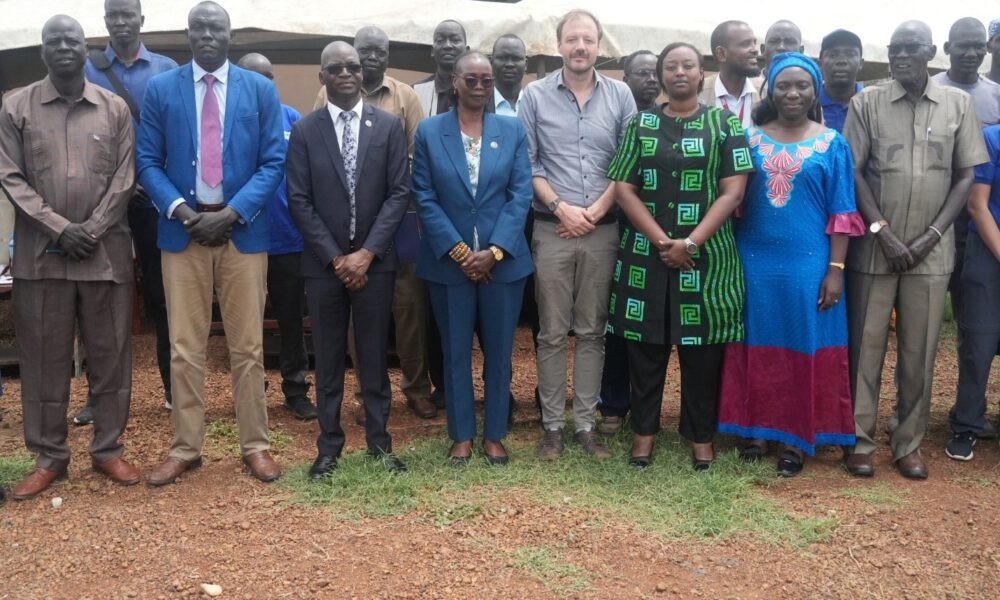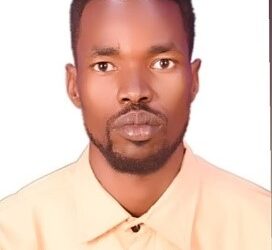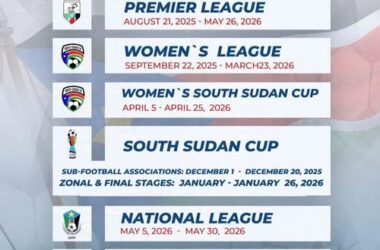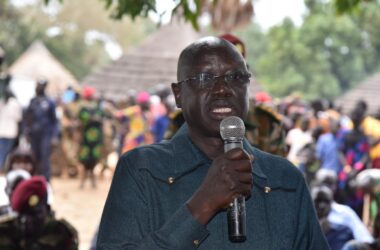By Alan Clement
The Ministry of Peace Building, Republic of South Sudan and the partners have launched a two-year initiative to support displaced communities in Greater Malakal, Upper Nile State.
The project funded by the United Nations Peacebuilding Fund will be implemented in collaboration with UNDP South Sudan, the International Organization for Migration (IOM), and the Danish Refugee Council.
According a statement by IOM, the project titled, “Towards Durable Solutions in Greater Malakal” is intended to provide assistance to internally persons (IDPs) and returnees to aid their reintegration and also host communities with focus on long-term peacebuilding and recovery.
“It will also provide training on skills development to improve self-reliance and employment opportunities along with targeted livelihood and income-generating support intended to boost household resilience,” IOM’s statement outlined.
Further, the program is expected to invest in improved housing, infrastructure and provision of basic services to restore dignity and enhance living conditions in affected areas.
UNDP South Sudan, one of the implementing partners emphasized that the program will benefit at least 20,000 individuals with 50 per cent anticipated to be women. The puts gender equality at the center of recovery and development objectives.
“The initiative aims at empowering women and youth to play key roles in conflict resolution and community transformation to foster peaceful coexistence among diverse groups,” UNDP noted in a statement.
Civil Society Activist Ter Manyang, lauded the launch of this initiative but warned that its success hinges on inclusive implementation in an exclusive interview with this outlet.
“The initiative is a wonderful move by IOM. But it will only succeed if civil society is actively involved. We’re the ones engaging with the local communities,” said Ter who also cautioned that cautioned that past humanitarian efforts have often failed to reach intended beneficiaries due to limited oversight and engagement.
“Sometimes, the people these projects are meant to help receive nothing. Without civil society’s participation, it’s difficult to monitor or trace progress on the ground,” he said.
Manyang urged implementing partners to collaborate with civil society organizations, religious leaders, local communities, and state authorities to better understand and address the root causes of project failures.
While implementing agencies have pledged to prioritize community inclusion, civil society maintain that transparent, locally driven structures will be key to ensuring that this initiative delivers lasting results in Greater Malakal.
Ter Manyang also confirmed that the Center for Peace and Advocacy (CPA) is developing a document that explores traditional peacebuilding practices in South Sudan. The document is intended to underscore the role of chiefs, elders, spiritual leaders, and mediators in resolving local conflicts.
It will also provide recommendations for strengthening customary justice systems, which tend to deliver timely and culturally grounded solutions.




